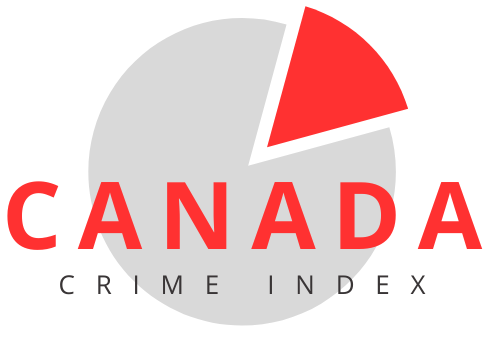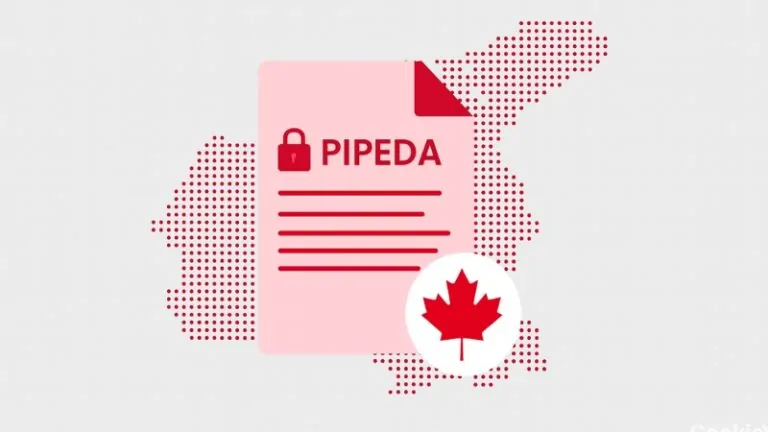Do you run a business or handle someone’s data and worry whether Canada’s privacy law applies to you? If you collect, use, or send Canadians’ personal info anywhere, you’ll eventually run into the Personal Information Protection and Electronic Documents Act (PIPEDA).
This is Canada’s federal privacy law for the private sector, setting ground rules for collecting, using, sharing, protecting, and letting people access their personal data during commercial activity.
Rather than being a playbook on specific software, it involves outcomes, not tools, and it applies across industries, and even to employee information in federally regulated businesses. Think of PIPEDA as principles-based and technology-neutral.
That means it focuses on whether people’s data ends up safe and respected, not whether you’ve installed a certain type of firewall or encryption method. Let’s walk through what’s covered, who must comply, and how it fits with other laws.
Who Needs to Play by PIPEDA Rules?
1. Private Businesses Doing Commercial Stuff
If your SaaS startup, online boutique, or retailer involves any kind of commercial activity involving personal information of Canadians, PIPEDA applies to you. Provinces can take over if they’ve passed similar laws, but otherwise, it’s on you.
2. Federally Regulated Organizations
Banks, airlines, telecoms, broadcasters, and trucking companies operating across provinces are federally regulated. If in doubt, consider consulting a Liberty Law criminal lawyer in Edmonton. PIPEDA doesn’t just cover your customer info; it also covers your staff’s personal data.
3. Cross-Provincial or International Transfers
Even if you’re based in a province with its own privacy law, the moment personal info crosses borders, provincial or national PIPEDA kicks in. That means federal rules apply whenever data crosses a border during commercial activity.
When PIPEDA Doesn’t Apply, or Partially Applies

Provinces with Similar Laws
Quebec, BC, and Alberta each have private-sector laws deemed substantially similar. If your activity stays totally within one of those provinces, PIPEDA steps aside for those local transactions.
Health-centric rules in Ontario, New Brunswick, Newfoundland and Labrador, and Nova Scotia are also considered similar, but only for health custodians and for local data. Cross-border flows or federal businesses still fall under PIPEDA.
MUSH Sector (Municipalities, Universities, Schools, Hospitals)
These public-sector bodies typically follow provincial public-sector privacy laws. But if they start doing commercial activities, say, renting space, they’re in PIPEDA territory.
Charities and Non-Profits
These are not automatically exempt. If you sell merch, rent donor lists, or host paid events, that’s commercial activity, so PIPEDA applies. Pure fundraising or free info-sharing might sit outside.
Federal Government Institutions
These are not included under PIPEDA. They follow the federal Privacy Act instead.
Journalistic, Artistic, or Literary Purposes
If you’re collecting personal info solely for a novel, a documentary, or newspaper reporting, PIPEDA doesn’t apply.
Business Contact Information
Business-use information like someone’s job title, business email, or company phone for reaching out about work is generally excluded.
What Counts As “Personal Information”?

Information about an identifiable person, such as names and emails, counts, but IP addresses, devices, and data points that point back to someone are also included. If you’re dealing only with a business contact’s role or email used for work, you’re likely exempt.
The Heart of PIPEDA
Every privacy program worth its salt should circle around these ten principles, lifted from the original Canadian Standards Association code:
Principle
Practical Takes
Accountability
Assign a privacy lead, get everything on record, and hold your partners to high standards too.
Identifying purposes
Tell people why you need info right away or before you get it.
Consent
Make it meaningful. Ask for permission in plain language.
Limiting collection
Only ask for what you actually need.
Limiting use, disclosure and retention
Don’t hold onto more than necessary. Use only as promised, delete when done.
Accuracy
Keep data correct, current, and fit for how you’ll use it.
Safeguards
Use security matched to the sensitivity of the info, physical, tech, and organizational controls.
Openness
Make your privacy policies easy to find and easy to read.
Individual access
Let people see their information and correct it if needed.
Challenging compliance
Give people a clear route to complain and escalate to the federal Privacy Commissioner if needed.
Meaningful Consent
Consent under PIPEDA is a real, informed choice. Messages must avoid heavy legal language and instead speak to the audience in a way a reasonable person would get. For sensitive information, express consent is a must. For less sensitive contexts, implied consent can work only if expectations are met and no law or principle says otherwise.
There are exceptions, for instance, when information is needed for legal investigations, law mandates it, or getting consent isn’t feasible, but the collection clearly benefits the person. Section 7 of the Act outlines details.
Sending Data Across Borders

Canada doesn’t lock data in. You’re allowed to transfer personal info internationally for processing. PIPEDA treats that as use, not disclosure, so if the transfer stays within the agreed purpose, you don’t need fresh consent.
Contracts and oversight with your service providers must ensure comparable protection. Be upfront, and tell people their data may be processed abroad and might be accessible to foreign authorities.
Reporting Breaches
Since November 1, 2018, the rules for breaches are crystal clear:
The Act defines “significant harm” widely: financial loss, identity theft, credit ruin, lost job opportunities, that sort of thing. Breaking the rules like failing to report can cost you, literally: up to $100,000 under indictment, $10,000 on summary conviction.
Annual numbers tell the story: during 2023 and 2024, businesses reported 693 breaches to the OPC, affecting 25 million Canadian accounts.
Enforcement and What Comes Next
The Privacy Commissioner doesn’t levy fines at will. Instead, it acts like an ombudsman:
If someone’s still not happy after the Commissioner’s report, they can go to the Federal Court. The court can order changes or award damages. Even though PIPEDA doesn’t use administrative penalties, the offense-based fines still sit in the law.
PIPEDA and the EU
View this post on Instagram
A post shared by Kseniya Laputko | Certified data protection lawyer (@dataprivacy_expert)
Here’s a perk for businesses dealing with Europe: the European Commission recognizes PIPEDA as providing “adequate” protection under GDPR. That means Canadian organizations don’t need extra legal hoops (like standard contractual clauses) to receive EU personal data. Nice, right?
Reform and Latest Developments
In 2022, the government tabled Bill C-27, which proposed replacing parts of PIPEDA with a new Consumer Privacy Protection Act, plus a fresh tribunal and AI law.
However, Parliament was prorogued in January 2025, and Bill C-27 died on the Order Paper. As of August 2025, PIPEDA remains Canada’s federal baseline for private-sector privacy.
Quick Compliance Checklist (Your Shortcut to PIPEDA Peace of Mind)
Here’s a breakdown of steps you can follow right now.
Endnote
Remember that every organization subject to PIPEDA is required to designate a Privacy Officer responsible for overseeing compliance with the Act. To learn more: https://t.co/bMMq894sm9 pic.twitter.com/5aZuqX0Wk5
— OPC (@PrivacyPrivee) May 23, 2023
PIPEDA covers almost any commercial use of Canadian personal information. It plays well with provincial laws, but steps in when data moves across borders or when federal sectors are involved.
You’re on the hook even when your service providers are outside Canada. You need real consent, transparency, and a breach-ready mindset. Odds are, unless reform lands soon, PIPEDA is still your federal privacy foundation for the foreseeable future.












